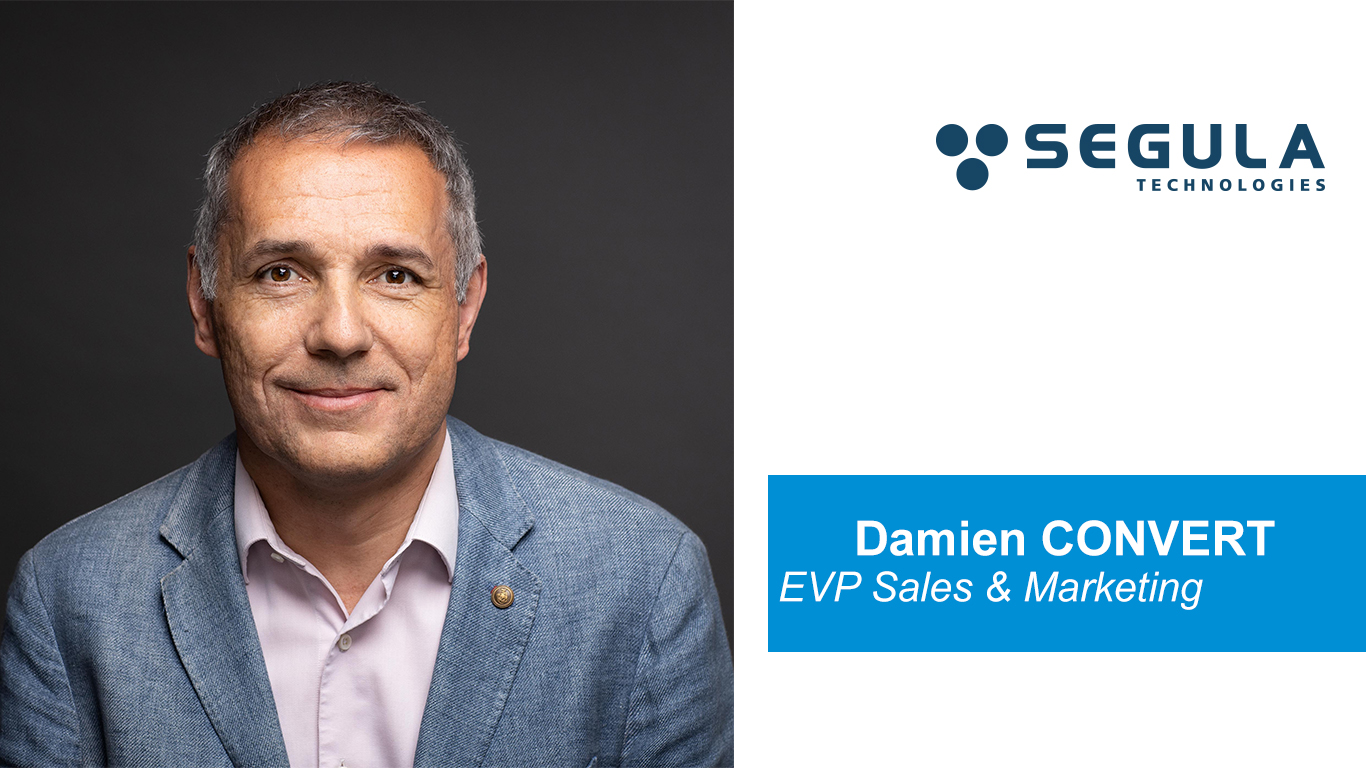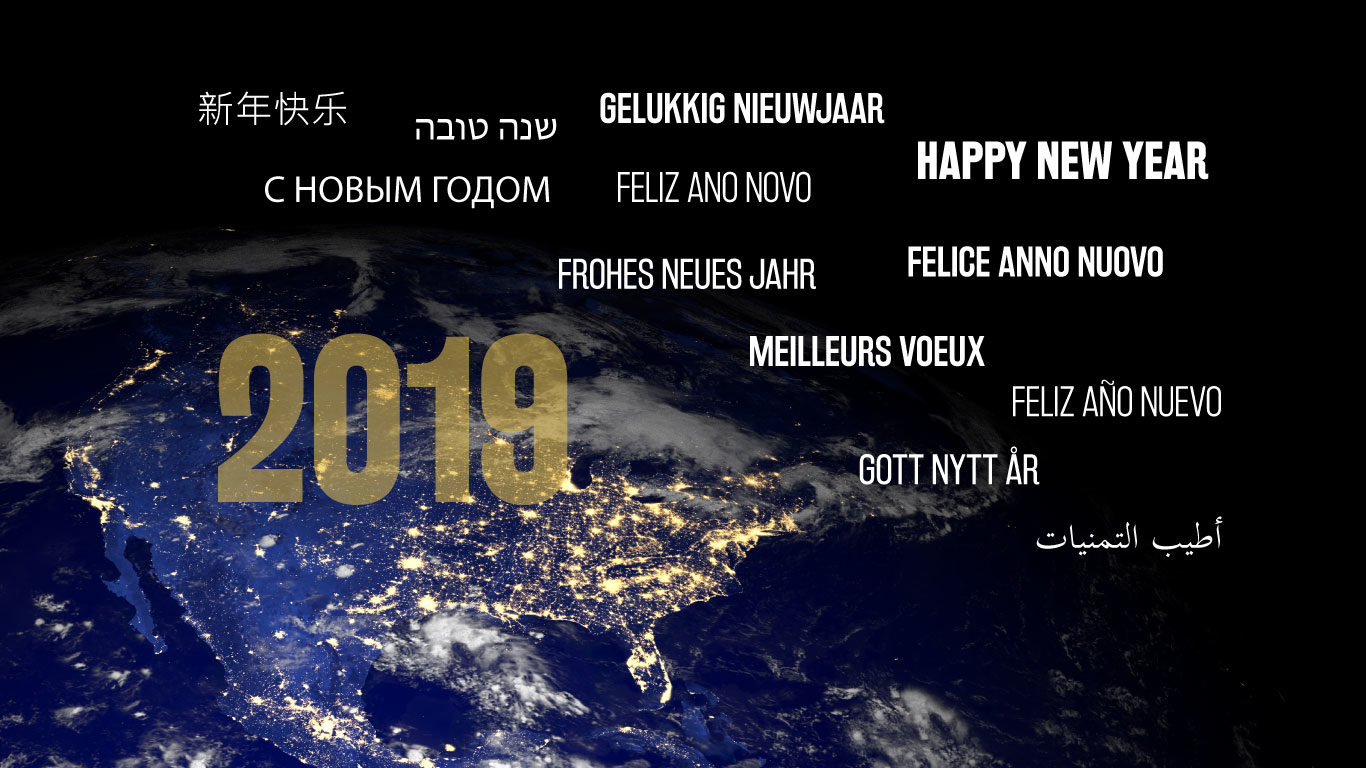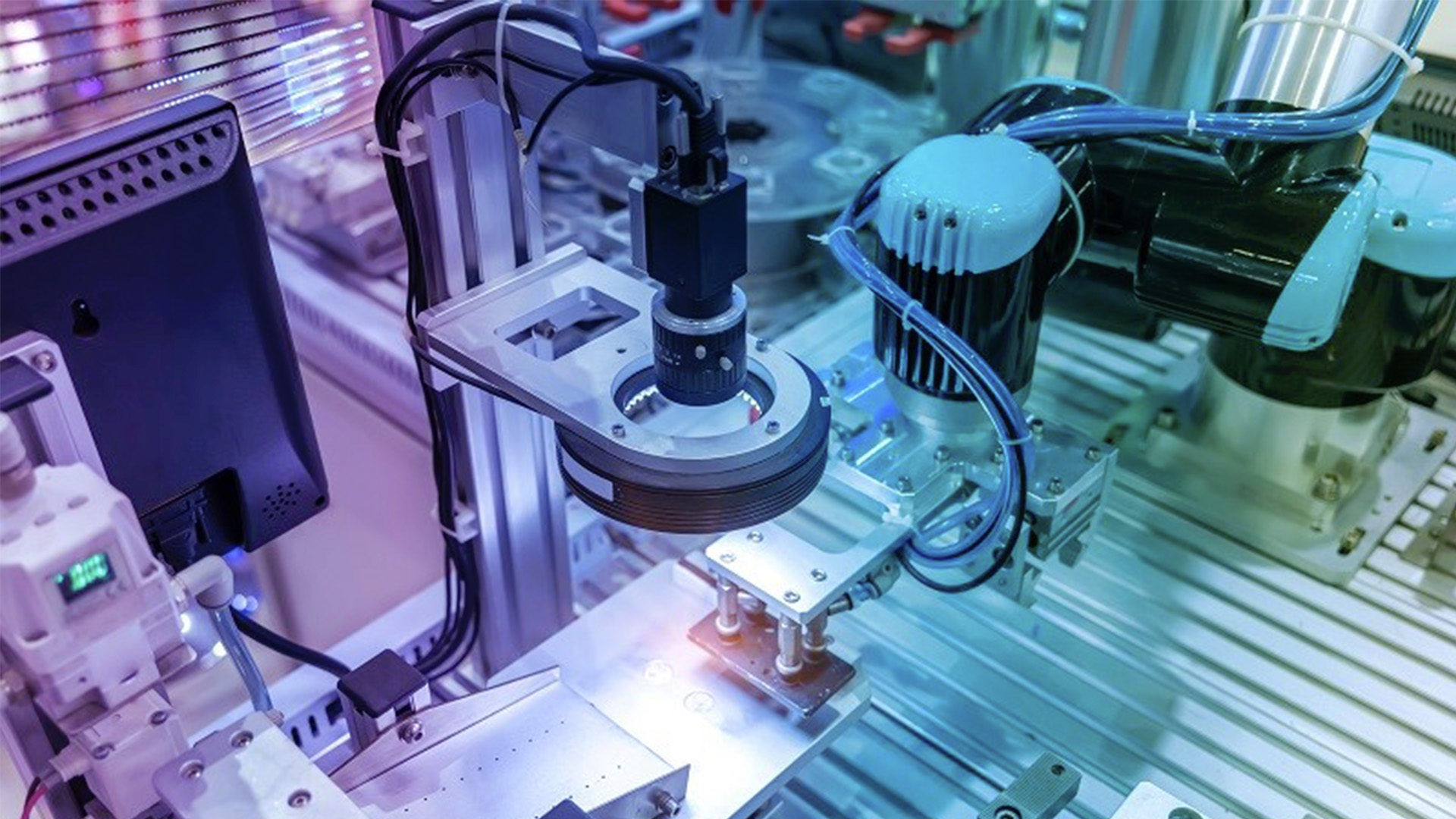Since the start of the Covid-19 health crisis, the press and commentators have regularly referred to it as the ‘world after’, combining social, environmental, economic and very often political aspirations. However, few look at industry which actually represents one quarter[1] of value added in France. Our global presence as an engineering company gives us a unique perspective into the impacts of the crisis on industry, and we are convinced of the strategic and operational benefits that engineering companies can bring to help the exit from the crisis which is finally within sight.
Tomorrow come early
While this ‘world after’ will not be fundamentally different than the old one, it has however come much sooner than expected. The crisis has brought to the fore developments that were in the pipeline, amplified early murmurs and will very likely accelerate certain transitions already in progress. Of course the magnitude of the evolutions will depend on the systemic effects in each industrial sector, each market and each location. However, we have identified some common and/or frequent levers (in no particular order of importance).
Firstly there is the attitude of clients, from general public consumers to B2B and right up to institutions (State, authorities, public services). They may favour local production, be more virtuous (CSR, sharing economy, more leasing…), probably not as rich… and maybe more patient.
Next comes the stepping up of measures and environmental aspirations, as we have already seen support conditional on operational and investment choices (such as the Air France loan), and probably temporary regulations or decisions which could last until they end up becoming permanent. This is undoubtedly the case for health regulations which could for example compel public transport to permanently adopt air filtering systems similar to those used in commercial aviation, or water treatment plants to maintain the hygienisation of sewage sludge before spreading[2].
Finally, the economic crisis, which many analysts were already predicting before the health crisis, is almost certainly taking shape. This will particularly be seen through a lack of investment, due both to a lack of means and the difficulty of planning in an uncertain world. Manufacturers will therefore need to go for quick turnover, adaptation of existing means, multi-function technology, innovation, pooling of resources…
Optimisation and flexibility
How is it possible to steadily progress in an environment that has become unpredictable, where the value of Tesla has overtaken that of Volkswagen (without earning money!), where oil prices are yoyoing, and where global activity may be paused overnight? The answer is by focusing on agility, flexibility and frugal investment… with operational support from engineering companies.
Industry is now trying to make up for lost time due to the lockdown. The challenges are therefore mainly around production capacity which must quickly be optimised in order to produce more, but also be made more flexible to produce more varied goods in order to fulfil as many pending orders as possible. These evolutions depend on the skills of engineering companies who are able to review products and processes according to new measures using the latest state-of-the-art technologies. This boost requires not only using the most effective work methods and tools (digital design, fast prototyping, etc.) but also sufficient human resources despite the physical absence of many employees. Here we find one of the rare positive aspects of this crisis: confidence in teleworking. Distributed teams have had the chance to prove their effectiveness working remotely, which has sometimes even been better than on site. We have seen this ourselves with 2,000 employees switching to teleworking in just three days, then 5,000 in the following three weeks with no impact on operations or on quality. The sustainability of this way of working is a real possibility, all the more so as it makes it easier to create ad hoc teams without being restricted by the location of relevant experts.
Next (but shortly after) will come the time for extensive adaptation of industry to this ‘world after’. Once again, optimisation and flexibility are the key words: optimisation of transport fleets, redesign of products for better versatility, flexibility of production lines (rate, technologies, nature of production, etc.). Subjects that are not only customary for engineering companies, but are also an important part of our DNA. Finally, the technical optimisations should include the optimisation of investments, something which our sector is well-versed in with proven expertise: in automotive with the carry-over (maximum re-use of existing means), in design-to-cost, and more generally in transport or infrastructure with optimisation of assets.
Method and expertise
Engineering companies use the fundamentals of their profession in order to best assist industry in this complex and disconcerting stage. Our mission is to find technical solutions, implement them and resolve problems using proven working methods, cross-sector and international expertise, and the constantly updated skills of our employees. Our pragmatic and operational innovation, synonymous with our profession, today takes centre stage because industry more than ever needs reliable and immediate solutions. We have recently demonstrated this by adapting Decathlon’s EasyBreath mask in just a few weeks for oxygenation of patients and protection of healthcare workers, in partnership with Safran.
Optimisation, flexibility, method, cross-sector expertise, innovation… Crisis or not, in both today’s world and the ‘world after’, engineering is and remains here to support industry with these levers essential for smooth running. Manufacturers, you can count on us.
[2] A new practice due to Covid-19.







 FOR A BETTER EXPERIENCE
FOR A BETTER EXPERIENCE